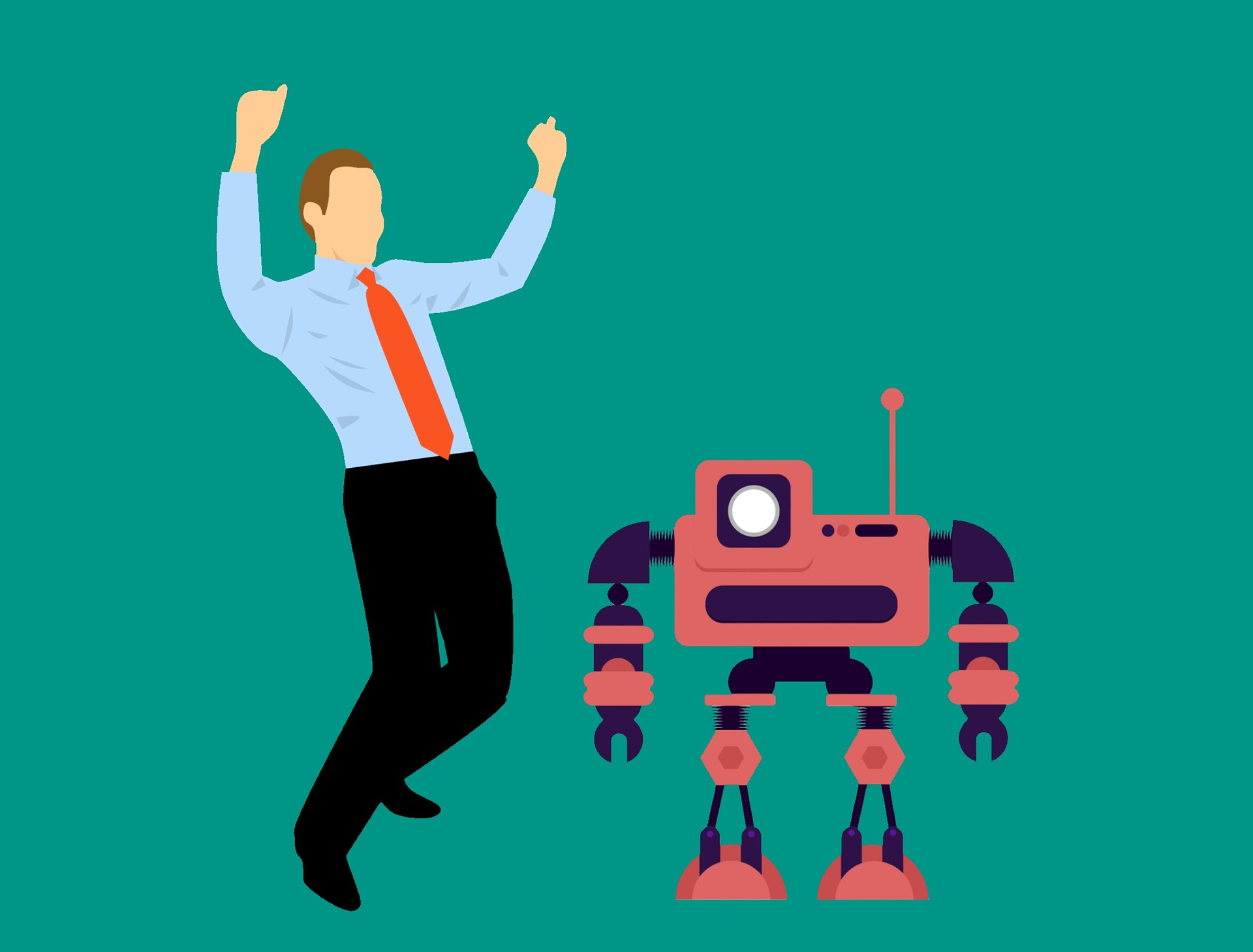Will Automation Steal Your Job?
Routine automation in its invisible guises surrounds us to make life easier. But in the future it will become more visible as it steals the jobs of millions of people.
Types of automation
Different types of automation help us connect to whoever we want wherever we are in the world. It works in the background and fuels the systems that operate the connections and infrastructure of the Internet.
Each day the world becomes more automated as costs tumble and efficiencies surge through a growing merge of man and machine. The partnership has worked since the invention of the wheel but has now reached warp speed, as technology creates countless opportunities.
There are areas where automation is welcome as it negates the need for people to face danger and replaces routine and repetitive tasks. But the handover of activities will not stop as it weaves its way from the welcome to the unwelcome.
The current phase of automation is helping people by supporting the development of higher skills. The next phase however will create an economy where work becomes a luxury for a privileged minority.
The idea of machines replacing people is not new but it is more immediate as the financial and psychological benefits of work for individuals and society is appreciated. There is an escalating awareness that the replacement of jobs will not halt at the manual or mundane but extend to the cherished and the chosen.
It is assumed that automation has limitations and that so-called high-level jobs will be protected. But such an assumption is flawed as machine learning infused with artificial intelligence starts to replicate every human task.
There is no doubt it will take time for the wholesale substitution of jobs. But there is also no doubt it will affect every aspect of the economy and not be confined to traditional areas of expectation.
Drivers of automation
Automation is driven by technology and those who control it harbour different ambitions: some seek better ways to improve the world; others seek profit.
There are deeper drivers too as military powers wage war with the maximum effect and minimum of casualties. In the future armies of robots and drones will clash without the need for humans to populate the front line.
There is little surety about how society will change but there is evidence it will change utterly. The need for discussion about the effect on people, the economy and society has therefore never been greater.
Regardless of how quickly automation accelerates it will cause disruption, as the dream of man and machine becomes the nightmare of machine replacing man. Such a shift marks one of the biggest swings in the work place and the greatest upheaval in society since the Industrial Revolution.
So, the current practice and future reality of automation will reshape the economy and disrupt lives in ways previously unimagined.




